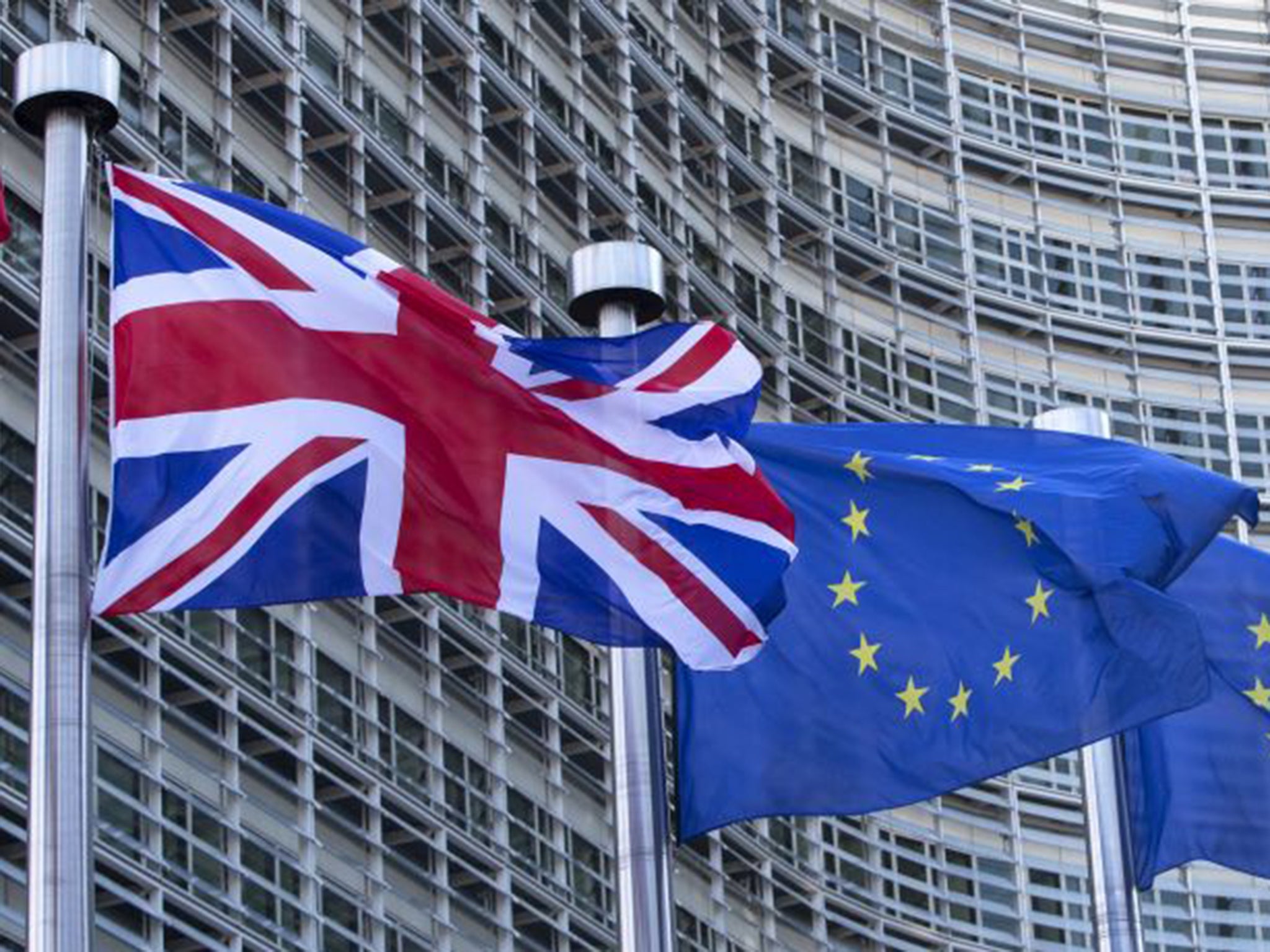EU referendum: A countdown to the vote
David Cameron has announced the vote on whether to remain in the EU will take place on Thursday 23 June

21 February
David Cameron will appear on the BBC’s The Andrew Marr Show on Sunday morning. Although the Prime Minister will be interviewed separately from Ukip leader Nigel Farage and Scottish First Minister and Leader of the SNP Nicola Sturgeon, the future of the EU is certain to be the hot topic.
Mr Farage staunchly supports the Out campaign but Mr Cameron will receive some support from Ms Sturgeon, who is backing the In camp. Following the announcement of the referendum date, she said: “[The EU is] not a perfect institution and while I believe it would be best for Scotland to be in the EU as an independent member state, I believe it is better for us in all circumstances to stay in.”
21-22 February
Boris Johnson is expected to announce his allegiance to either the In or Out referendum. It will be a coup for either camp to win the support of the current Mayor of London.
Bookmakers have said that despite the odds being in strongly in favour of Britain staying in the EU, they could change dramatically if Mr Johnson decides to back the opposing campaign.
22 February
Mr Cameron will deliver his statement to Parliament, in which he will set out the case for EU reform. Under the European Union Referendum Act 2015, a number of regulations must be passed by both the Commons and the Lords. T
hese include setting the date for the referendum – announced yesterday as 23 June – the “designation period”, in which lead campaign groups that will have access to public funds should be selected by the Electoral Commission, and the length of the “referendum period”, during which lead-campaigner spending will be regulated.
3 March
If Parliament decides to follow the Electoral Commission’s recommendation for a referendum campaign lasting a total of 16 weeks, it will begin on this day with the designation period.
The Commission has recommended that this stage, in which they call on campaigners to register with them and then select the official Remain and Leave campaigns, should be around six weeks long.
23 March
The House of Commons recess begins. The Commons reconvenes on 11 April.
14 April
The “referendum period”, which must last at least 10 weeks, is likely to begin. This is when the formal campaign takes place. The designated Remain and Leave campaigns can spend up to £7m each on campaigning.
5 May
The UK heads to the polling stations for the London mayoral election, local elections, the Scottish Parliament, the Northern Ireland Assembly and the National Assembly for Wales.
10 June
The UEFA Euro 2016 competition means many British football fans will be travelling to France. If England, Wales and Northern Ireland make it through the group stages, supporters will have to decide whether to remain in France or head home to vote in the EU referendum.
Group B teams England and Wales are playing Slovakia and Russia respectively on 20 June, but they could still be in France at the end of the week if they make it through to the last 16.
Northern Ireland, in group C, play Germany on 21 June and will remain in France if they also progress. The first knock-out stage matches of the tournament are scheduled for 25 June.
22 June
Music fans head off to the Glastonbury Festival for five days, leaving many of them unable to vote on 23 June. Despite a petition calling for a polling station on the Somerset festival site, the organisers have ruled it out. “It won’t be possible to have an [EU referendum] polling station at Glastonbury 2016,” they tweeted. “You can register for postal vote.”
23 June
Voters in the UK will answer the question: “Should the United Kingdom remain a member of the European Union or leave the European Union?” Pro-European Union voters will tick to “Remain a member of the European Union”, while Eurosceptics will tick to “Leave the European Union”.
Join our commenting forum
Join thought-provoking conversations, follow other Independent readers and see their replies
Comments
Bookmark popover
Removed from bookmarks